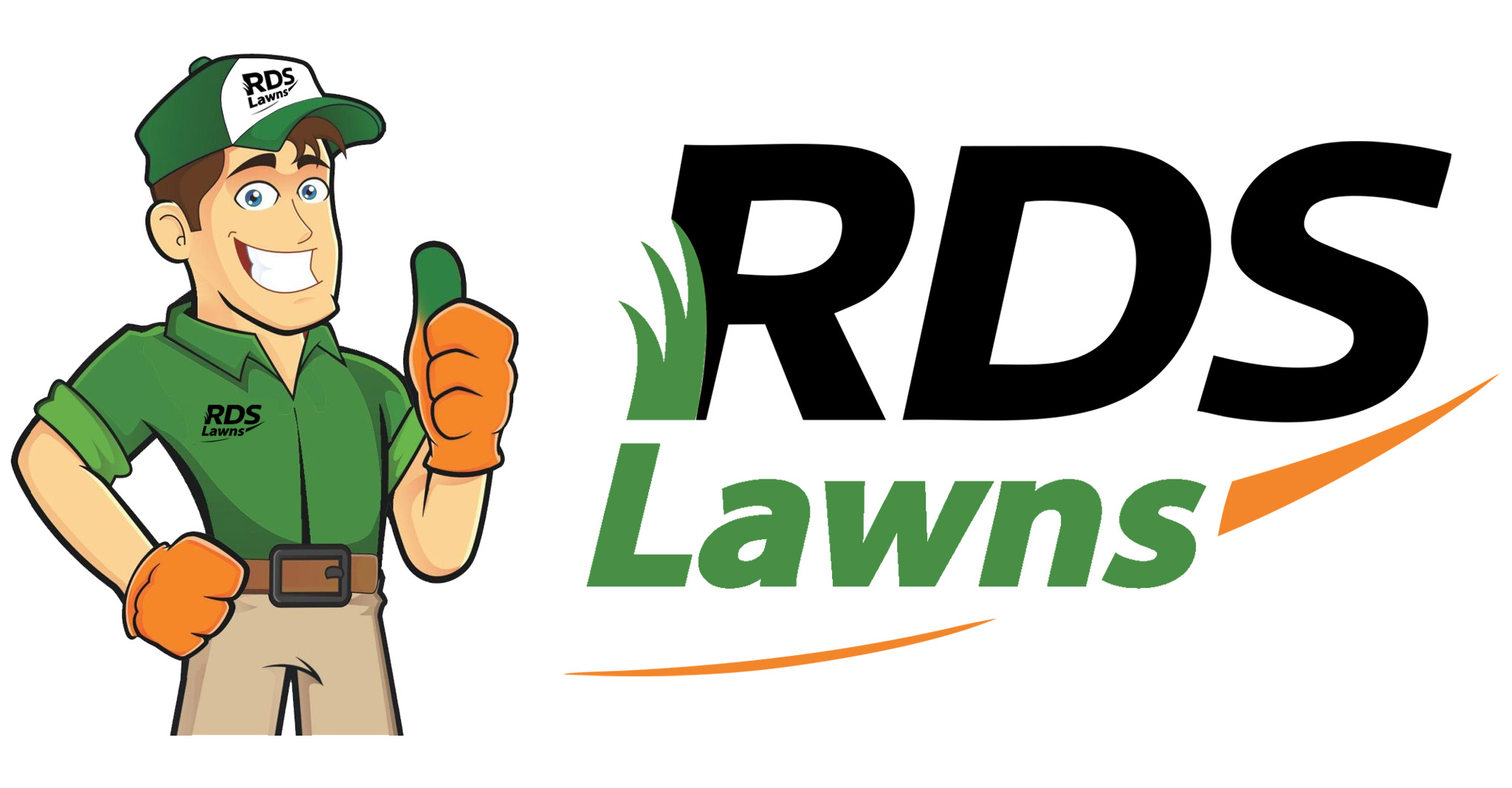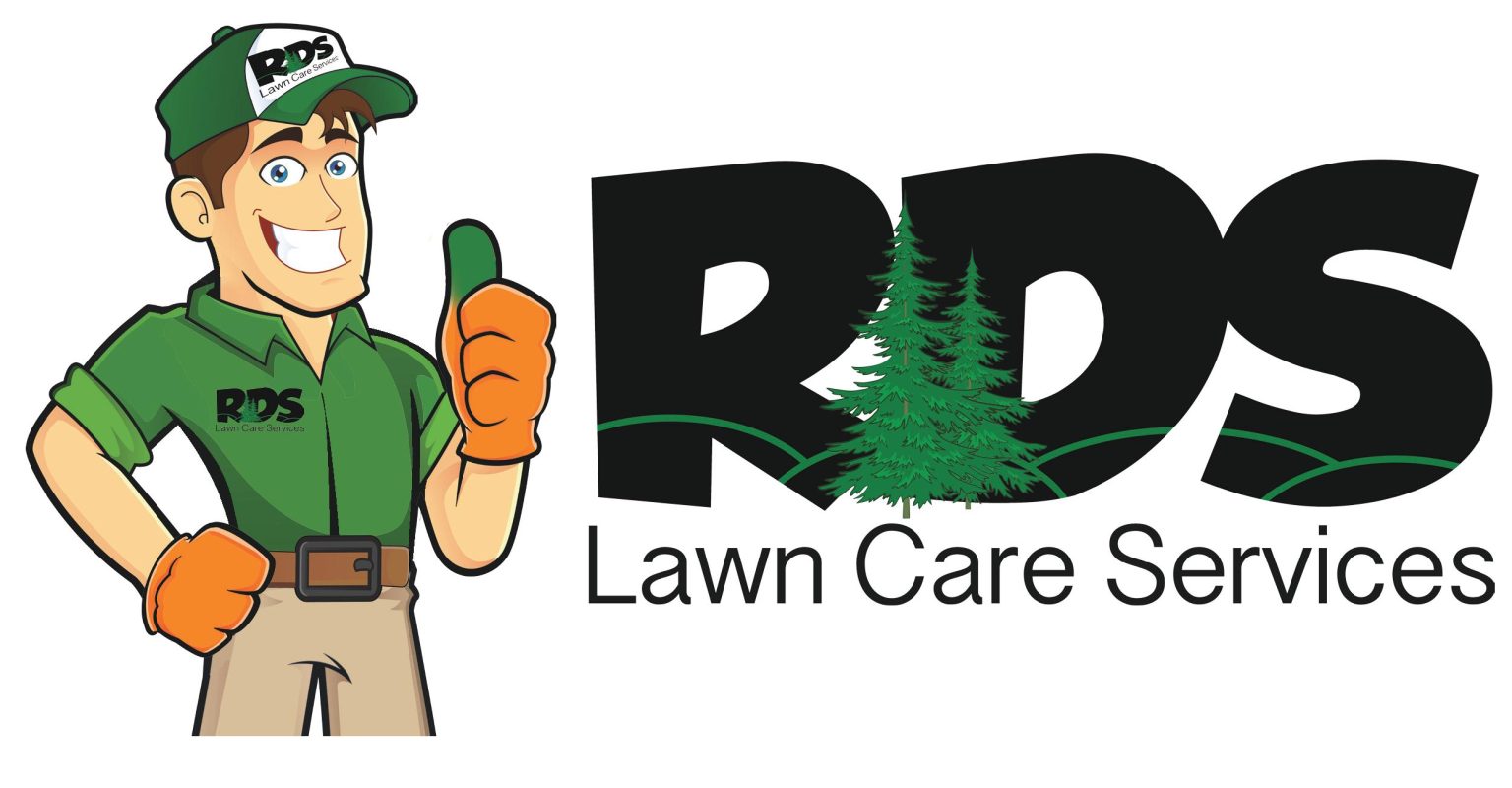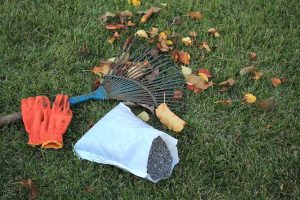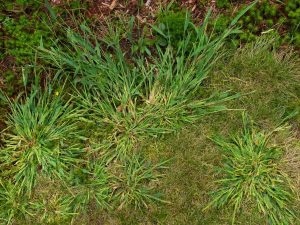In Charlotte, North Carolina, the beauty of blooming nature comes with its own challenges—especially for those who suffer from allergies. Weed Control For Seasonal Allergies is more important than many realize, as weeds not only affect the appearance of your lawn but also play a major role in triggering allergy symptoms. By managing pollen-producing weeds effectively, you can enjoy both a healthier yard and a healthier you.
The Connection Between Weeds and Seasonal Allergies
Weeds are one of the leading triggers of seasonal allergy symptoms in North Carolina. Unlike many flowering plants that depend on insects like bees and butterflies for pollination, weeds often rely on the wind. This means they release huge amounts of lightweight pollen into the air, allowing it to travel long distances. Once airborne, these tiny particles can easily enter our eyes, nose, and lungs, causing irritation and allergic reactions.
For allergy sufferers, this pollen is more than a nuisance—it can bring on sneezing fits, itchy or watery eyes, congestion, and even worsen asthma symptoms. Because weeds release pollen in such high volumes, even a small patch in your yard can contribute to the discomfort. That’s why effective weed control isn’t just about keeping your lawn neat; it’s a proactive step in reducing allergens in your environment and supporting better overall health.
Bring Real Change with Personalized Lawn Care
Expert lawn care services tailored for your home—reliable, eco-friendly, and affordable. Start transforming your yard today.
Common Allergy-Causing Weeds in North Carolina
Understanding which weeds are the worst offenders helps you stay ahead of the problem. By knowing what to look for in your yard, you can take early steps to prevent these weeds from growing and triggering allergy flare-ups.
Ragweed
Ragweed is one of the most notorious culprits when it comes to seasonal allergies. Each plant can release up to a billion pollen grains in late summer and fall, and these microscopic particles can travel for miles on the wind. Even if you don’t see ragweed in your yard, pollen from nearby areas can still find its way into your airways. For many Charlotte residents, ragweed is responsible for the most severe allergy symptoms during August through October.
Grasses
Warm-season grasses are another major contributor to allergies in North Carolina. Varieties like Bermuda grass, ryegrass, and Timothy grass are common in Charlotte lawns, parks, and open fields. These grasses release pollen that tends to linger in the air, especially during the spring and early summer months. Because they are so widespread, avoiding grass pollen can feel almost impossible without proper lawn maintenance and professional weed control.
Pigweed and Lamb’s Quarters
Weeds like pigweed and lamb’s quarters are common in disturbed or nutrient-rich soil, which means they can thrive in gardens, roadsides, and even neglected corners of your lawn. These weeds often release pollen throughout the summer, which extends the allergy season well beyond the typical spring and fall peaks. While they may seem harmless at first glance, their ability to produce large amounts of pollen makes them a hidden threat for those who struggle with seasonal allergies.
Signs Your Yard May Be Worsening Allergies
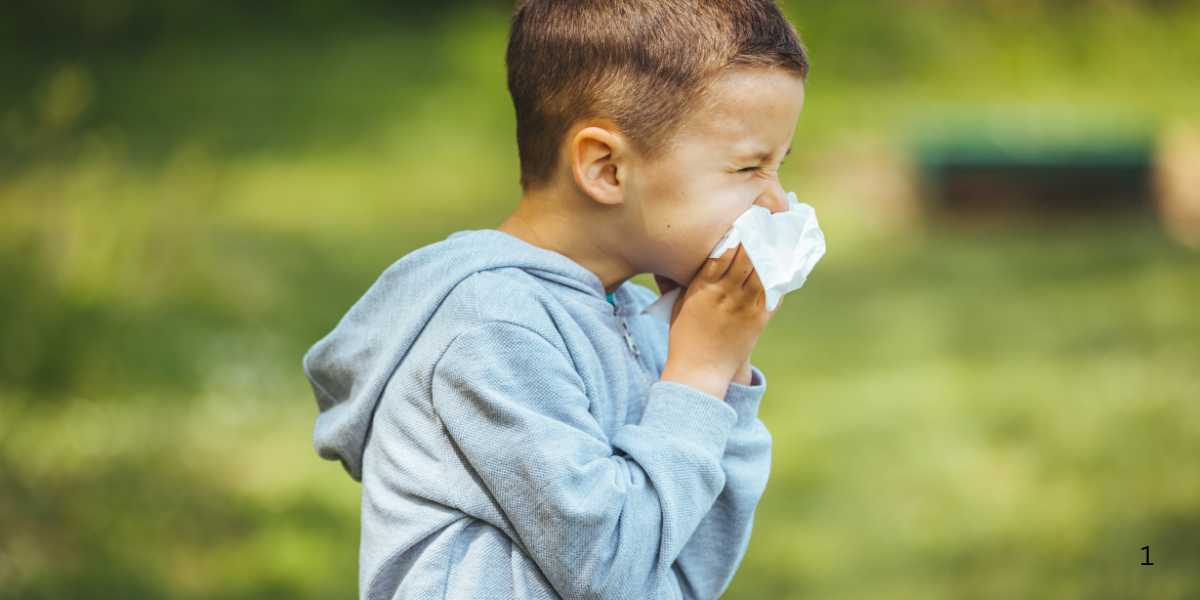
It’s not always easy to connect yard conditions to allergy flare-ups. But there are a few indicators that weeds in your lawn may be contributing:
-
Allergy symptoms worsen after mowing or yard work
-
Weeds are spreading quickly in garden beds or lawn edges
-
Visible ragweed or flowering grasses are present during peak allergy season
Strategies for Effective Weed Control
Weed management is most effective when done consistently and strategically.
Early Intervention
Pulling or treating weeds before they flower and release pollen helps break their life cycle. Spring and early summer are the best times for this.
Proper Lawn Maintenance
Thick, healthy grass naturally crowds out weeds. Mowing regularly, fertilizing at the right times, and aerating your soil reduce the space weeds have to grow.
Smart Landscaping Choices
Using mulch in garden beds, planting dense ground cover, and choosing less allergenic plants around your yard can help reduce pollen levels.
Professional Weed Control Services
DIY methods can only go so far. Many weeds regrow quickly if not treated correctly, and pollen release can still happen even with partial control. That’s where professional lawn care makes a big difference.
At RDS Lawn Care, we provide targeted weed control services across Charlotte and the surrounding areas. Our team understands local weeds, seasonal pollen cycles, and the best treatment methods for long-term results. We don’t just focus on lawn appearance—we help create healthier outdoor spaces so you and your family can enjoy your yard without constant allergy triggers.
The Bigger Picture: Protecting Your Family’s Health
Seasonal allergies don’t just affect outdoor activities. Pollen tracked indoors from the yard can worsen symptoms inside your home, too. By reducing weeds in your lawn, you’re taking steps to:
-
Lower pollen exposure for your family
-
Improve outdoor comfort during allergy season
-
Enhance the overall health and look of your lawn
Final Thoughts
Weeds may seem like a simple lawn nuisance, but for allergy sufferers in Charlotte, they can have a much bigger impact. By identifying pollen-producing weeds, taking preventative steps, and working with a professional lawn care service like RDS Lawn Care, you can enjoy a yard that’s not only green and beautiful but also healthier for everyone.
